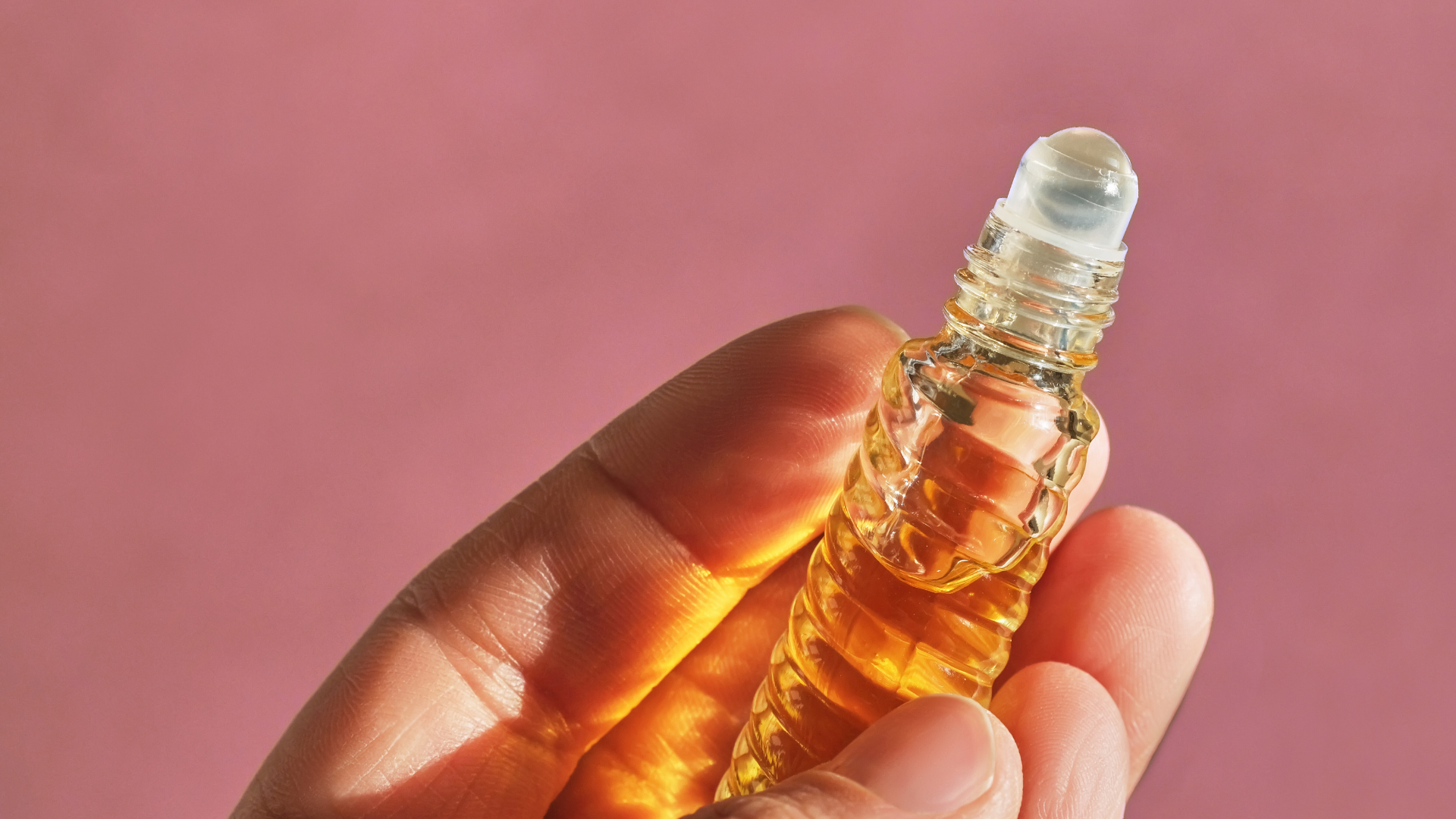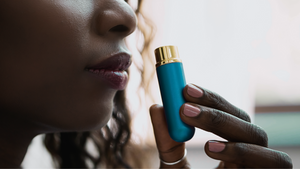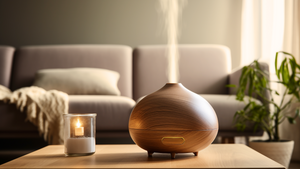In our fast-paced, constantly-connected world, feelings of anxiety have become an increasingly common experience. Many people are turning to natural remedies to find relief from these overwhelming emotions. Among these, aromatherapy has emerged as a particularly effective method. By harnessing the grounding power of nature, aromatherapy offers a pathway to alleviate symptoms of worry and restlessness, helping individuals anchor themselves in the present moment.
Understanding Anxiety
Anxiety encompasses more than mere stress or worry; it is an encompassing condition that can profoundly affect one's everyday life. Marked by constant and intense worry, its symptoms vary widely, from slight discomfort to intense panic attacks, impacting both physical and mental health.
The Basics of Aromatherapy
With aromatherapy, your sense of smell is used. Essential oils can boost health and well-being when applied topically or breathed. The brain region associated with smell, identified as the olfactory system, is believed to be stimulated by scents. Scent molecules then enter the limbic system, which controls emotions, actions, and long-term memory. This explains why a particular scent can arouse certain feelings or memories.
How Aromatherapy Aids in Anxiety Relief
Aromatherapy works on both a psychological and physiological level. When you inhale essential oil molecules, they interact with the limbic system, influencing emotions, heart rate, stress levels, hormone balance, and memory processes. This interaction can help calm the mind, reducing feelings of anxiety.
Essential Oils for Anxiety
- Lavender (Lavendula angustifolia): Lavender has become known for its calming and relaxing effects. Along with decreasing anxiety and stress levels.
- Bergamot (Citrus bergamia: Bergamot essential oil is popular for its energizing and relaxing effects. It can assist in decreasing anxiety and boosting your mood.
- Roman Chamomile (Chamamelum nobile): Although commonly linked with tea, chamomile essential oil also relieves anxiety. Its relaxing properties can help to calm tensions and alleviate anxiety symptoms.
- Ylang Ylang (Cananga odorata): This essential oil is noted for its uplifting properties. It's an excellent mood booster and stress reliever. It can be used to relieve tension and stress.
Using Essential Oils
There are several ways to use essential oils for anxiety relief:
- Diffusing: Using an oil diffuser disperses the oil into the air, providing a gentle and continuous aromatic experience.
- Topical Application: Essential oils can be diluted with a carrier oil and applied to the skin. The wrists, temples, and back of the neck are good spots for application.
- Inhalation: Simply inhaling the scent of the oil from the bottle or a cotton ball can provide quick relief in moments of high anxiety.
Additional Techniques
While aromatherapy is effective, combining it with other anxiety-reducing techniques can enhance its benefits. These can include:
- Mindfulness and Meditation: Focusing on your breath and practicing mindfulness can significantly reduce anxiety levels.
- Regular Exercise: Physical activity is a proven stress reducer.
- Healthy Eating: A balanced diet can positively impact your mood and energy levels.
Conclusion
While aromatherapy can be a powerful technique, it is always better to check with a healthcare expert if you are experiencing severe anxiety symptoms.
You can tap into nature's medicinal power to discover serenity and balance by introducing essential oils into your daily routine, whether by diffusing, topical application, or direct inhalation.
Disclaimer: The information provided on this blog is for educational purposes only and is not intended as medical advice. While we strive to share insights and information based on traditional uses and the general benefits of aromatherapy, our content should not be used to diagnose, treat, cure, or prevent any diseases or medical conditions. Aromatherapy and the use of essential oils can complement your wellness routine, but they are not substitutes for professional medical advice or treatment. Always consult with a healthcare professional regarding any health concerns or before starting any new wellness program, especially if you are pregnant, nursing, have existing health conditions, or are taking medication. The views and advice expressed here are not intended to be a substitute for conventional medical service. If you have a severe medical condition, see your physician of choice. Individual results may vary.



